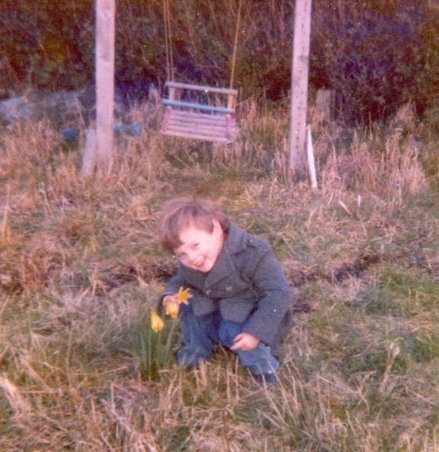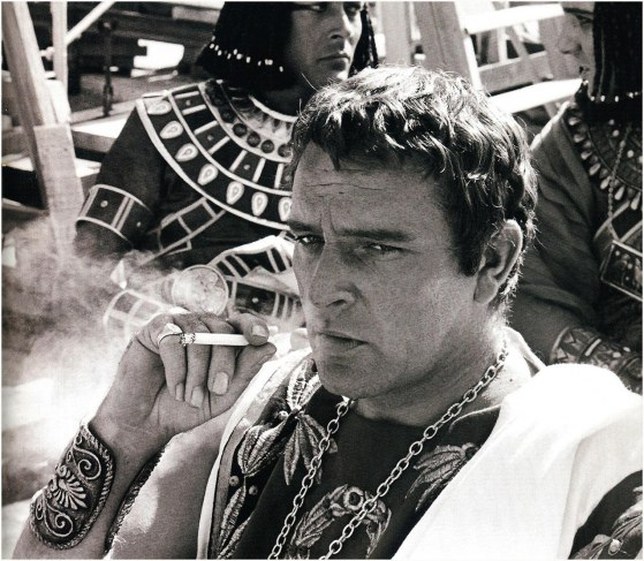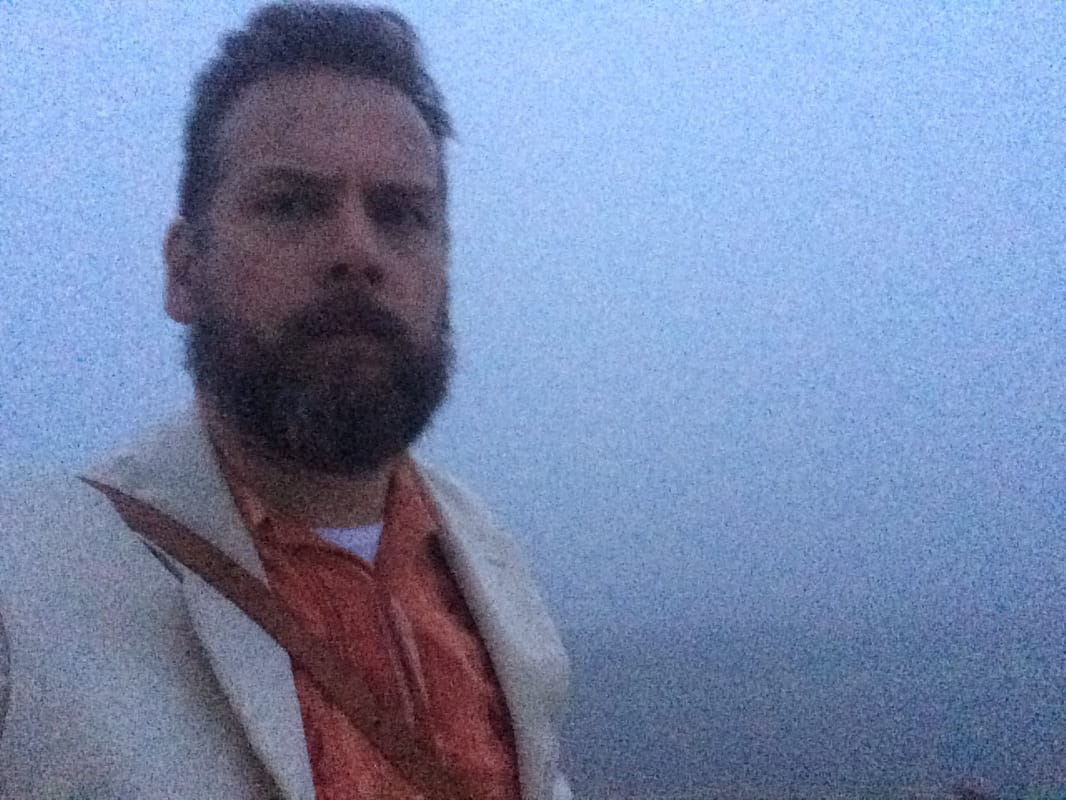0 Comments
 I was born on the 29th of June 1972 on the stroke of midnight in a small town in the North West of England called Ulverston, the birthplace of Stan Laurel. My mother was second generation Irish stock, the youngest of three sisters all of whose names ended with een. She was Rosaleen (her sisters, Maureen and Kathleen). My father’s name was Peter and he was from the area and had grown up in Askam-in-Furness, a small village on the Duddon estuary. At the time I was born, they were living in Askam with his mother and father – my grandparents – on a street called Marsh Street which ran to where the estuary and the Irish sea began. But my parents soon moved up the fell to a small hamlet on the A595 called Paradise. Paradise was just a disjointed row of houses that looked down the mile and half slope of farmland, across the railway line, caravan site and golf course to the sea. Black Combe across the estuary was a reassuring slope a few feet shy of being a mountain. When the sun set you could see the Isle of Man floating above Millom. My mum and dad had bought a plot of land with a derelict house. My father with the help of his older brother Jack were fixing the house up in the evenings and at the weekend and, soon after I was born, mum and dad took me and my older brother Francis up the fell to live in a caravan beside the building site that was slowly becoming a home. The house had in fact been two farm houses, but dad knocked through the walls and made them into one, replacing the roof and working on it, one room at a time. When a room was done we were going to move into it and dad would complete the house around us. Before that could happen I nearly died. I was in the cot and a fit. I clutched the bars of the crib, my face turned puce and my limbs were as stiff as metal rods. There was no telephone so my mum pried me off the cot and ran to the neighbour’s where she called the doctor. He turned up and did something and I lived. This is an early story. I can’t remember if I stayed in hospital long, though I have a feeling I stayed at least over night. I’m told I did stay in hospital and they kept all the windows open and blew fans all night to bring my temperature down. I have no memory of this, but for some reason have always taken an absurd pride in the fact. As if I was a young achiever, a prodigy, basically for not dying. It's something I'd like to keep being good at. My sister (Catherine) was born two years after me. These early years I remember very little of, practically nothing. The house was always in the process being built, the smell of cement, piles of chippings, puddles and sawdust. I remember a time when we lived in a room. The caravan sat outside the house for a couple of years afterwards. Once the house was liveable, dad went on to build a garage with a utility room. A wall and a gate and repair the drive which ran down to an increasingly busy road. He worked as an electrician, a contractor who would change job now and then as a contract came to an end and a new one started. He worked at K Shoes in Askam for some time, at Vickers shipyard and Furness General Hospital when it was being built. He also worked on the oil rigs at Sullum Voe for a time but that was later. He had a big Reader's Digest 'How to Build a House' book which he'd consult occasionally. It was very impressive and fastened with a clasp. For many years, it was the only book I ever saw my dad open. My mum stayed at home at first. She had worked in the telephone exchange before marrying my dad. She was a few years younger and I think my dad was in a hurry to have some children. She had three in a row with a gap of a couple of years between each. She ironed, baked bread and cooked, drank cups of coffee like glasses of water one after the other and read long paperback novels, one after the other, Leon Uris and Colleen Muccullough. There was a radio and a record player. There was a television as well but it stopped during the day and I remember the test card. She also spoke on the phone – once we got one – for very long stretches. My auntie Marjorie was the most feared caller. She lived in Yorkshire and if she phoned mum would talk to her for hours and hours. The first phone was a heavy blue one and there was a cream one which went into the extension upstairs. Our first number was 64100. They added other numbers later on. You could brain someone with these phones and they’d never pronounce their words right again. My granddad lived on Barrow Island with my Auntie Maureen who was a children’s librarian. We would go there on a Friday and have fish and chips and Granddad would give us 50p, but it might have been less. He liked whisky and cigarettes and he also enjoyed a flutter on the horses. He was a quiet man. He had an Irish accent. All my other grandparents were dead by then. Barrow Island had a bridge that would go up when a ship had to pass through. Barrow itself was dominated by the ship yards with huge cranes that you could spot for miles away like Martian robots from HG Wells. They launched ships from the yard, huge ships for the Royal Navy and royalty would come and smash bottles on them to trigger the launching. Later I would get a day off school so I could go and see the aircraft carrier HMS Invincible launched. I went to nursery and wet myself during a Christmas party, which must be one of my earliest memories. At least it’s probably the only one of which there isn’t a photograph. The memory where I’m on a swing in the garden, or on the beach with ice cream smeared on my face always feels suspiciously like I’m recreating the photographs I’ve seen as memories. The feeling of warmth and wetness, followed by cold and discomfort, no that’s pretty real. The nursery was in Kirkby-in-Furness. There was cake and balloons and I didn’t want to get up to go to the toilet so I did it there. I even get the vague memory of thinking this was a brilliant idea, before the disadvantages appeared. I never wanted to go to the toilet. Mum would march me to the bathroom only for me to do a wee or a poo behind the door so I could get back to playing as quick as possible. Thinking about it, that doesn’t make much sense. But almost nothing I was to do subsequently would either. |
AuthorJohn Bleasdale is a writer. His work has appeared in The Guardian, The Independent, Il Manifesto, as well as CineVue.Com and theStudioExec.com. He has also written a number of plays, screenplays and novels. Archives
March 2019
|

 RSS Feed
RSS Feed


